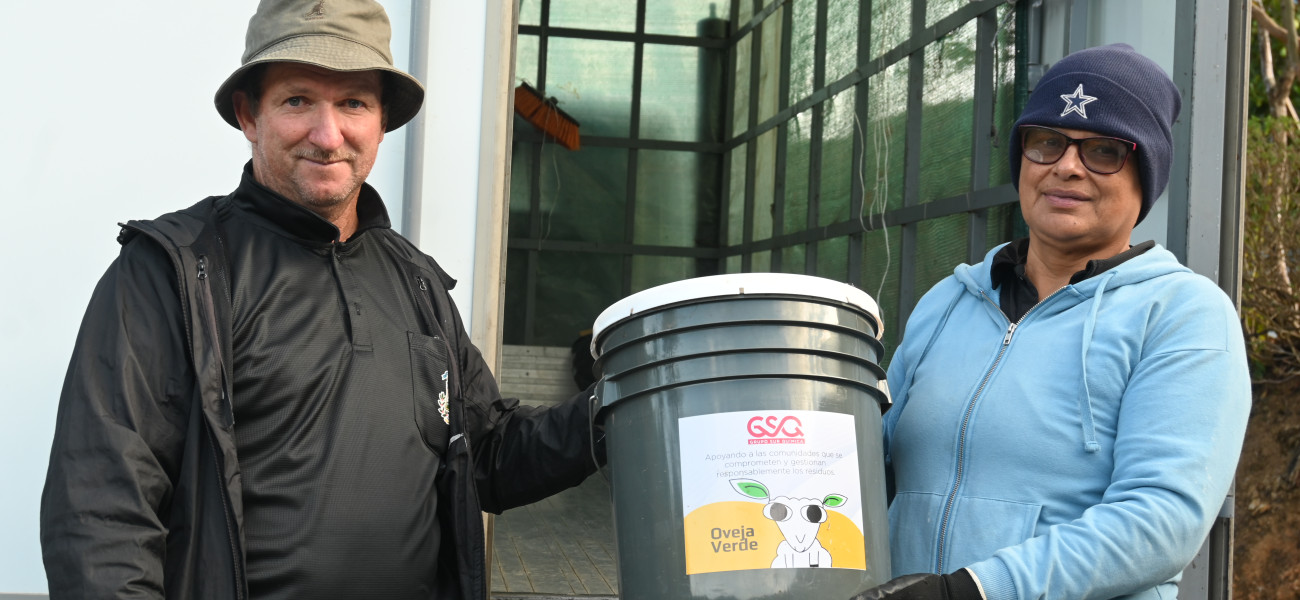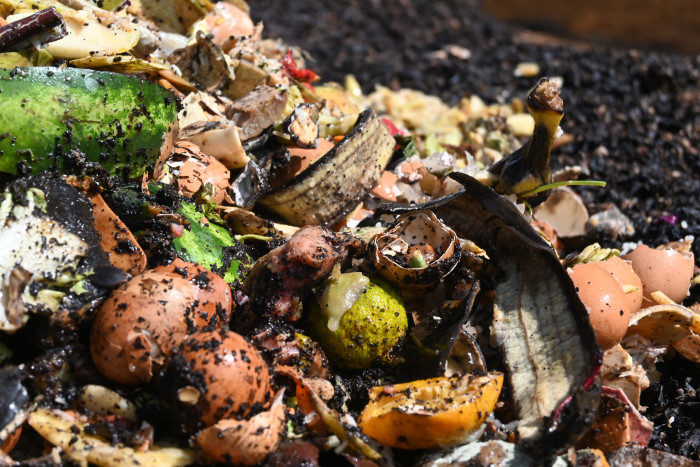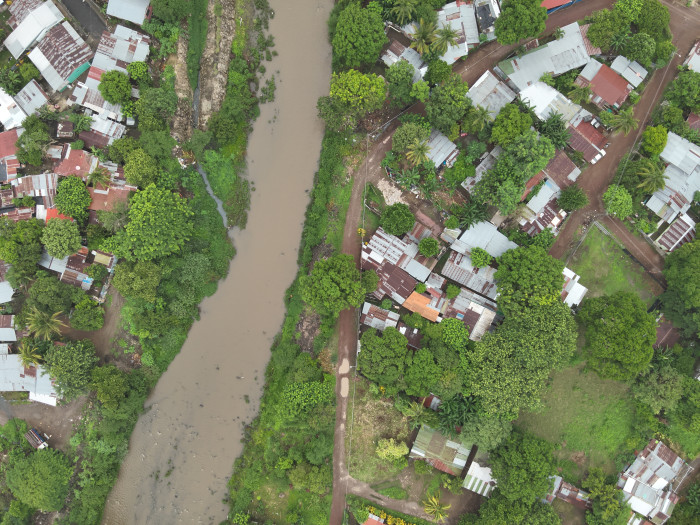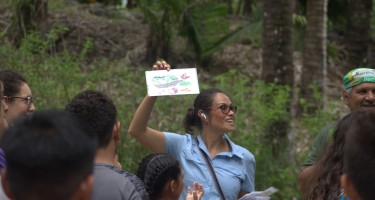How the IKI is boosting Costa Rica’s NDCs
From composting in the coffee-growing region to managing climate refugia and early warning systems for floods: this is how Costa Rica breathes life into its NDCs.

© Melisa Jerez Cerda / ACCIÓN Clima Project, GIZ Central America
Costa Rica joined the international effort to address climate change and biodiversity loss early on. However, turning political commitments into measurable results requires more than ambition. It depends on technical expertise, institutional capacity and international cooperation.
Germany supports Costa Rica in implementing its NDCs through the International Climate Initiative (IKI). It channels this support via the ACCIÓN Clima project, which the Deutsche Gesellschaft für Internationale Zusammenarbeit (GIZ) implements.
The Green Sheep Programme
In the cool mountain region of Los Santos, Costa Rica’s coffee heartland, lives a green sheep – or rather, a whole flock of them. Over 100 families are part of the Oveja Verde (Green Sheep) programme for organic waste management. This local effort responds to a national emergency caused by overfilled landfills and aligns with a key NDC target: “By 2025, at least 10 municipalities implement the National Composting Plan.”
This pilot, developed by ACCIÓN Clima, is underway in the municipalities of Dota, León Cortés and Tarrazú. Participating families – “green sheep” – were trained to separate and store organic waste, which the local municipality collects weekly.
The trained collectors deliver the food scraps to CoopeTarrazú, a local coffee cooperative with experience in composting coffee pulp. This innovative public-private partnership adds value: by blending household waste with coffee pulp, they now produce higher-quality compost to nourish Costa Rica’s prized “golden bean.”

© Melisa Jerez Cerda / ACCIÓN Clima Project, GIZ Central America
Open innovation: climate change and biodiversity
Innovation plays a key role in climate mitigation and adaptation. Through the Open Innovation call, the project sought novel solutions to manage climate refugia – places where climate change is expected to progress more slowly than in surrounding regions, offering better conditions for species adaptation. This initiative supports the following NDC target: “By 2026, at least 6 biological corridors manage climate refuges, as defined by the National System of Conservation Areas (SINAC).”
Among several participating teams, a winning proposal emerged: “Network of Climate Refugia in Costa Rica: An Innovative Model for Biodiversity Conservation”, a joint effort by startup GreenXpoLab, the Costa Rica Institute of Technology and the Costa Rican Federation of Fishing.
The proposal offers a holistic solution for identifying and managing marine and terrestrial climate refugia using advanced tech, automated data analysis and local community engagement. The goal: to strengthen ecosystem and species resilience while promoting a sustainable, replicable model for the Mesoamerican region.
Disruptive Municipalities Programme: Winning Project “SIMATH”
As part of the Disruptive Municipalities Challenge led by IKI’s ACCIÓN Clima project, local governments across Costa Rica were invited to submit innovative proposals to strengthen climate resilience, integrate biodiversity into public spaces and boost local competitiveness – using design thinking methods and provided with technical guidance throughout the process.
Out of 90 proposals, 12 teams were selected for technical training and support, all contributing to the following NDC target: “By 2022, 20 municipalities have developed skills and knowledge to integrate climate risk and adaptation into their planning processes.”
Among the selected municipalities, Cañas in the province of Guanacaste was awarded in the “Climate-Resilient Cantons” category for its project SIMATH: Hydro-Environmental Early Warning and Monitoring System. Due to it’s geography, Cañas is a canton that is highly vulnerable to climate impacts – especially to flooding. Through the innovation process, the team developed SIMATH: a local initiative that empowers communities to respond proactively to climate-related events such as floods through an early warning system.

A local effort with global impact
From a country characterised by diverse ecosystems and volcanic landscapes, local solutions are being developed that contribute to global climate and biodiversity goals. The NDCs serve as a framework for coordinated environmental action. In Costa Rica, these commitments extend beyond technical targets; they involve collaboration among communities, young people, local authorities and international partners.
Together, they demonstrate that achieving a low-emission, climate-resilient future is not a utopia – but an achievable goal when we work together.
- Country: Costa Rica
- Project:
- Contact:


